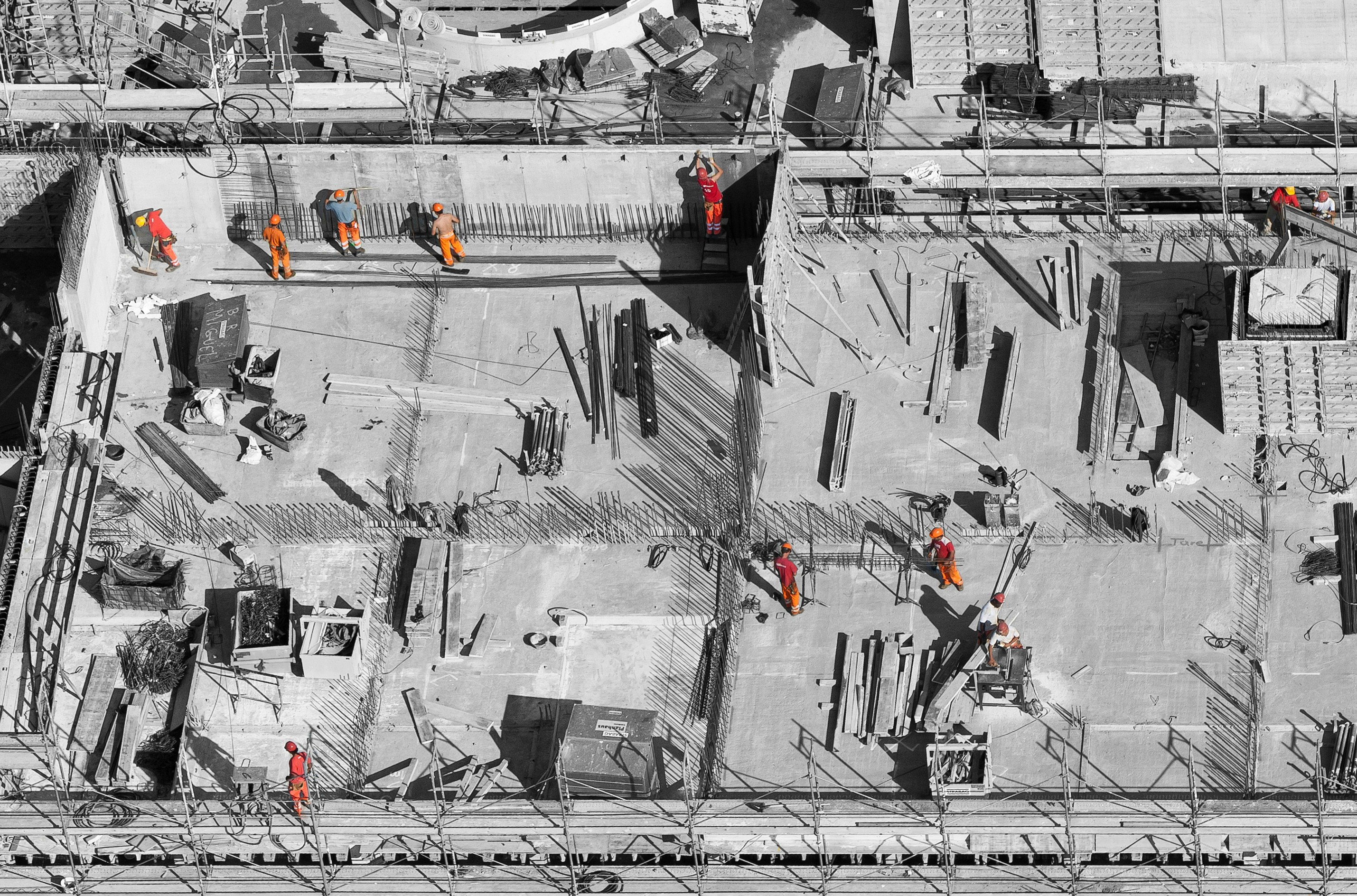Comparing Concrete Types and Their Uses: A Comprehensive Guide by Meyer Construction

Concrete is one of the most versatile and widely used materials in the construction industry. Its applications range from small residential projects to massive commercial and industrial structures. At Meyer Construction, we believe in the importance of choosing the right type of concrete for each specific project to ensure durability, strength, and efficiency. In this blog, we will explore different types of concrete and their specific uses in construction, providing you with the knowledge to make informed decisions for your next project.
Normal Strength Concrete
Normal strength concrete is made by mixing cement, water, and aggregates such as sand, gravel, or crushed stone. This type of concrete typically has a compressive strength of 20 MPa (megapascals). It is commonly used in residential construction for driveways, sidewalks, and patios, as well as for pavements and roads with low traffic. Additionally, it serves as a reliable option for simple foundation work.
High-Strength Concrete
High-strength concrete is similar to normal strength concrete but features a higher ratio of cement to water, resulting in a compressive strength above 40 MPa. This type of concrete is ideal for high-rise buildings and skyscrapers, bridges, and other infrastructure requiring high durability. It is also used in industrial floors and heavy-duty pavements where increased strength is essential.
Air-Entrained Concrete
Air-entrained concrete contains tiny air bubbles, created by adding air-entraining agents during mixing. These bubbles improve the concrete’s resistance to freeze-thaw cycles, making it suitable for outdoor structures exposed to severe weather conditions, such as roads and runways. It is also used in sidewalks and parking lots in colder climates, as well as in marine structures.
Lightweight Concrete
Lightweight concrete uses lightweight aggregates such as expanded shale, clay, or slate, resulting in a lower density compared to normal concrete. This type of concrete is used in building blocks and panels to reduce structural load. It is also effective for insulating roofs and floors and is often used in floating structures like docks and pontoons.
Reinforced Concrete
Reinforced concrete incorporates steel bars, mesh, or fibers to enhance its tensile strength. This type of concrete is widely used in structural frames for buildings, beams, columns, and slabs. It is also essential for constructing bridges and overpasses where additional strength is required.
Precast Concrete
Precast concrete elements are cast and cured in a controlled factory environment and then transported to the construction site. This method is commonly used for prefabricated structural components like beams and columns, wall panels, cladding, and modular buildings. Precast concrete ensures consistent quality and speeds up construction time.
Self-Consolidating Concrete (SCC)
Self-consolidating concrete (SCC) flows easily into forms and around reinforcements without the need for mechanical vibration, thanks to its high fluidity. SCC is used in complex and intricate formwork, areas with dense reinforcement, and architectural concrete projects requiring smooth finishes.
Shotcrete
Shotcrete is a method of applying concrete using a high-pressure hose, allowing the material to be sprayed onto surfaces. This technique is ideal for tunnel linings, underground structures, and the repair and rehabilitation of existing structures. Shotcrete is also used in the construction of pools and water tanks.
High-Performance Concrete (HPC)
High-performance concrete (HPC) is designed to meet specific performance criteria, such as high durability, low permeability, and high strength. HPC is used in infrastructure exposed to aggressive environments, like marine structures, long-span bridges, and high-traffic pavements.
Fiber-Reinforced Concrete
Fiber-reinforced concrete includes fibrous materials like steel, glass, or synthetic fibers, which improve its structural integrity. This type of concrete is commonly used in industrial floors and slabs, pavements, overlays, and precast products requiring enhanced durability.
Making the Right Choice with Meyer Construction
Selecting the right type of concrete for your project is crucial to ensure longevity and performance. At Meyer Construction, our experts are dedicated to providing tailored solutions that meet your specific needs. Whether you’re working on a small residential project or a large-scale commercial development, we have the expertise and resources to help you choose the best concrete type for the job. Contact us today to discuss your construction needs and learn more about how we can assist you in achieving your project goals. Together, let's build a strong and sustainable future.





